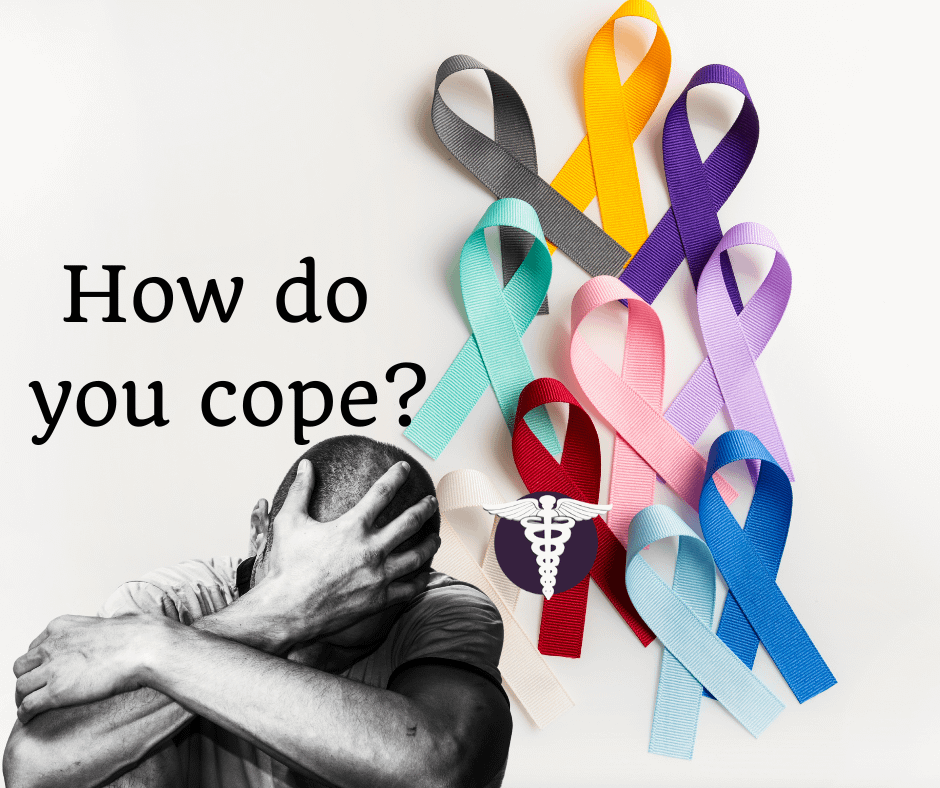Navigating Addiction Recovery Amidst Terminal Illness: A Journey of Courage and Resilience
When facing the daunting reality of a terminal illness, individuals often experience a rollercoaster of emotions and challenges. Among the complexities of such a journey, battling addiction while dealing with a life-limiting condition can seem insurmountable. Nevertheless, the human spirit is remarkably resilient, and stories of addiction recovery amidst terminal illness are testaments to the power of courage, determination, and support.
I. The Dual Battle: Understanding Terminal Illness and Addiction
Coming to terms with a terminal illness is an immensely challenging process. The individual must confront their mortality, undergo painful treatments, and navigate the emotional turmoil that accompanies such a diagnosis. In the midst of this struggle, the grip of addiction can persist or even intensify as a coping mechanism, further complicating the path towards recovery.
II. Embracing Vulnerability: The First Step towards Healing
Recognising the need for help and support is an essential step in both addiction recovery and terminal illness acceptance. It requires embracing vulnerability and seeking assistance from loved ones, medical professionals, and addiction specialists. This act of opening up allows individuals to release the burden of their emotions and begin to heal from within.
III. The Importance of Tailored Treatment Plans
A terminal illness can affect each person differently, and similarly, addiction recovery requires personalised approaches. Integrating addiction treatment into palliative care can lead to improved well-being, as professionals address not just physical pain but also the psychological and emotional aspects of addiction. By tailoring treatment plans to each individual's unique needs, a holistic approach to healing can be achieved.
IV. Finding Purpose and Meaning in Adversity
Faced with the limited time a terminal illness presents, individuals often experience a profound shift in perspective. This newfound sense of urgency can drive them to seek purpose and meaning in their lives. Engaging in support groups, contributing to the community, or finding solace in creative pursuits can be empowering and instrumental in the journey of addiction recovery.
V. Coping Mechanisms and Mindfulness
Terminal illness and addiction recovery both require coping mechanisms to manage pain, stress, and emotional turmoil. Engaging in mindfulness practices, such as meditation and breathing exercises, can alleviate anxiety and foster self-awareness. By building resilience and maintaining a positive outlook, individuals can better navigate the challenges presented by their circumstances.
VI. The Role of Support Systems
During this tumultuous journey, a robust support system is paramount. Loved ones, friends, and support groups can provide emotional comfort, understanding, and encouragement. In addition, professional counseling can offer an outlet for processing complex emotions and addressing the intricate relationship between terminal illness and addiction.
VII. Acceptance and Forgiveness: Towards Self-Compassion
Coming to terms with one's mortality while battling addiction can lead to feelings of guilt and remorse. Acceptance and forgiveness are crucial elements of self-compassion. By recognising the humanity of our struggles and embracing imperfection, individuals can find inner peace and focus on living the remaining days with joy and dignity.
Conclusion:
The journey of addiction recovery when dealing with a terminal illness is undeniably arduous, but it is a testament to the strength of the human spirit. By accepting vulnerability, seeking tailored treatment, finding purpose, and building a robust support system, individuals can embrace their unique circumstances with resilience and courage. In the face of life's greatest challenges, the possibility of healing, growth, and hope remains a powerful beacon of light.
